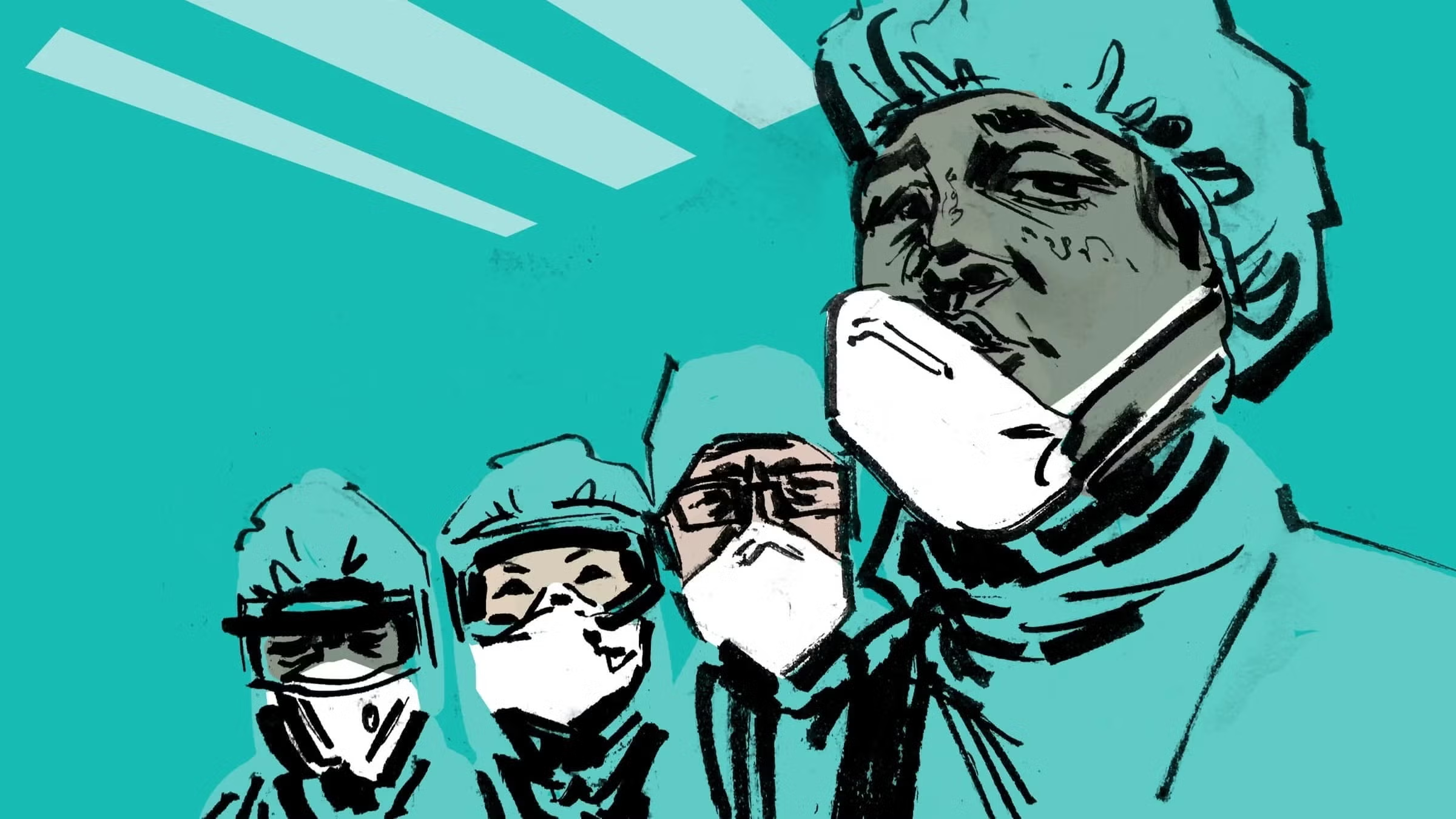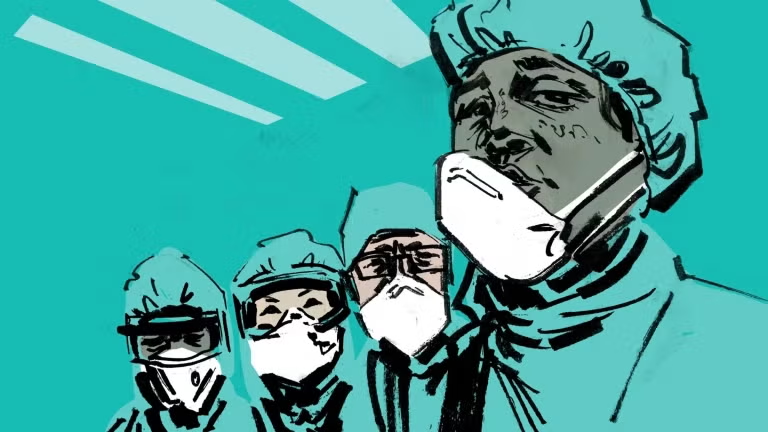Signs of a major disease outbreak can show up in the most unexpected places. To prevent another pandemic, that data needs be quickly interpreted, and the findings shared, so people at every level of society can make smart decisions that save lives.
Why it Matters
Climate change amplifies epidemics and raises the risks associated with pandemics. The Covid-19 pandemic reshaped the world’s economic, political, and environmental course. To mitigate future threats, the world needs a multisectoral, intercontinental, collaborative, interdisciplinary, and highly dedicated approach.
- >0MillionMillion
lives were lost to infectious diseases in 2019, accounting for 14% of all deaths worldwide [World Health Organization]
- ~0MillionMillion
deaths attributed to Covid-19 globally in 2020 [World Health Organization]
- 0MoreMore
novel disease outbreaks are predicted in the coming decades compared with the past
Impact Stories
- When the Covid-19 pandemic began, only a single lab in Malawi was working to sample SARS-CoV-2 viruses in this country of 19.55 million people. Only four people were working in that lab. Our grantee CERI is working to change that.
- We turn to potent collaborations to think outside the box and drive change in this era of climate decision.
- A trust-based network of six Mekong Basin countries offers a visionary model for shared cross-border disease surveillance -- especially important as climate change alters disease patterns.
- On a continent with an average of 140 epidemics a year, Professor Happi's work is critical to averting future pandemics. But he readily acknowledges it exacts a toll. For starters, his staff hasn’t taken a break in two years.
Portfolio Spotlight
- Wastewater surveillance can guide public health interventions to slow or stop the spread of infectious diseases. The data generated provides a more equitable view of population health, equipping policymakers with powerful data to advocate for public health resources that protect all.
Our People










